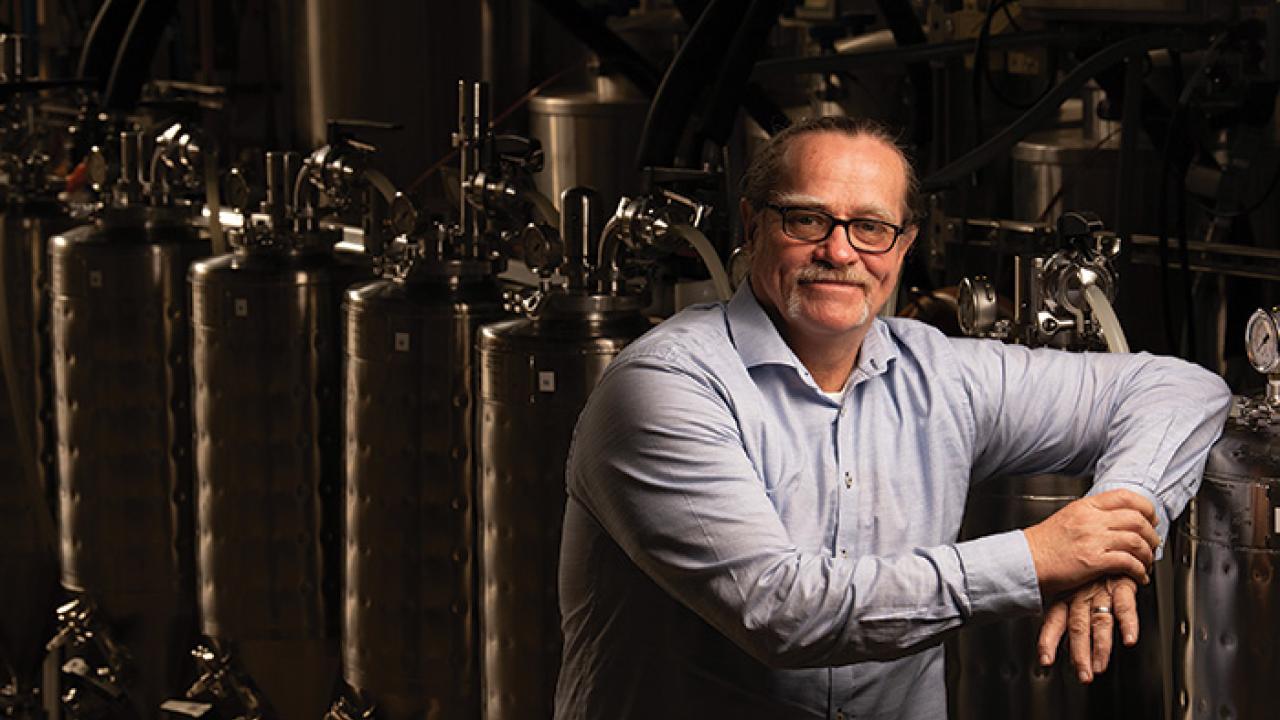Master brewer Glen Fox’s expertise spans the entire process of brewing, from the production of raw materials like barley to the final beer quality.
This past decade, though, Fox and other brewers have set their focus on a modern issue: climate change. Heatwaves, fires and late rain seasons have detrimentally affected both the quality and quantity of barley — the grain that is used most often to make beer.
“We’ve seen that climate change is having a serious impact on raw production materials like barley,” noted Fox, who is also the Anheuser-Busch Endowed Professor of Malting and Brewing Sciences at UC Davis. “I think we’re just moving to a world of extremes.”
The brewing industry has always been an energy-intensive one. Large quantities of water are used in the malting process, and brewing itself produces a sizable amount of solid waste. As a result, Fox and other brewing scientists have had to explore different production methods.
“People are starting to realize that this isn’t sustainable,” said Fox, referring to orthodox brewing practices.
Sustainability changes have been as simple as giving unused barley to farmers, who then use it to feed their animals.
“Some people are giving [barley] away to farmers to get it off of their brewery sites,” Fox said. “It’s really rich in nutrients, and the animals love it because it’s high in energy and a bit sweet as well.”
Fox has also been working toward future-proofing barley crops, experimenting with genetic variation to make them more resistant to droughts. Some of his students are even upcycling waste strains of beer, turning them into energy sources like natural gas that can then be used to fuel the brewing process.
“We’re essentially looking at where we can upcycle and reduce, and dabbling in as many areas as we can,” Fox said.
